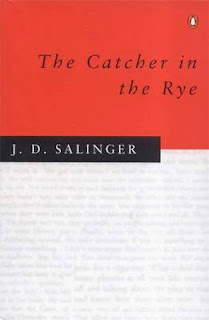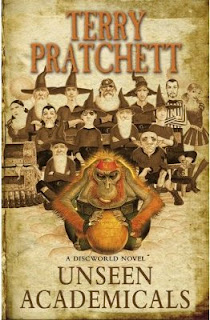The root of almost all evil

"What we measure affects what we do. If we have the wrong measures, we will strive for the wrong things." - Joseph Stiglitz After hearing so much about The Spirit Level over the past year, actually sitting down and reading it was almost an anticlimax. The authors point out that the results of social science research often seem obvious in hindsight, once the evidence has seeped in. Just how obvious the arguments of The Spirit Level now seem is a testament to the weight of evidence that Richard Wilkinson and Kate Pickett have brought to public attention. The book opens with a startling observation: that the rich countries of the world can no longer achieve gains in wellbeing from increasing their material wealth. This is illustrated with a graph of life expectancy versus national income per person. For poor countries life expectancy rises rapidly up until an average income of around $10,000. After that it starts to slow, and beyond $25,000 the curve flattens out. Similar...




